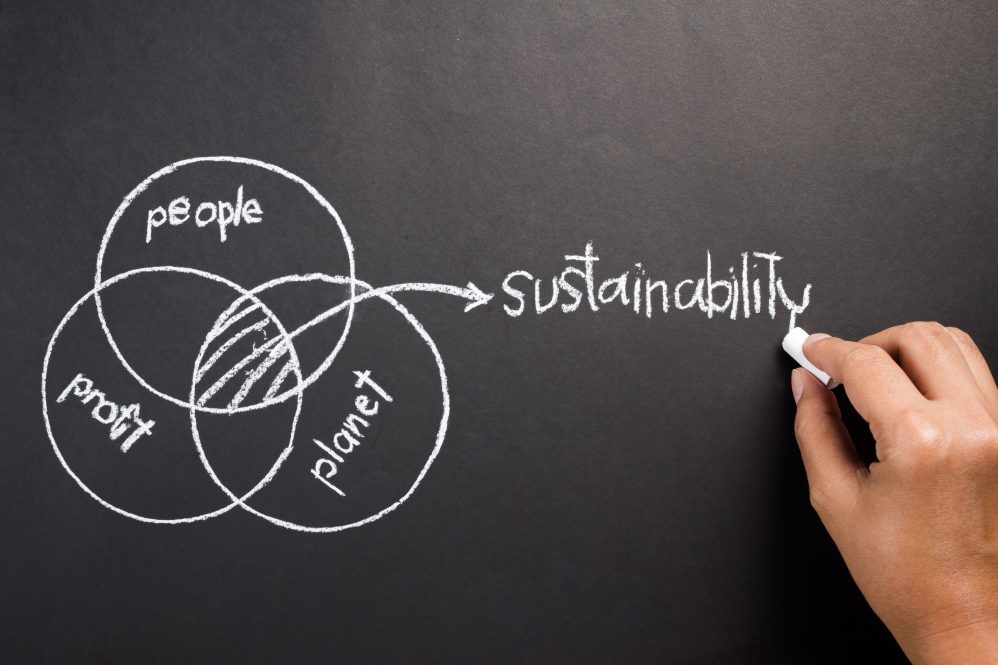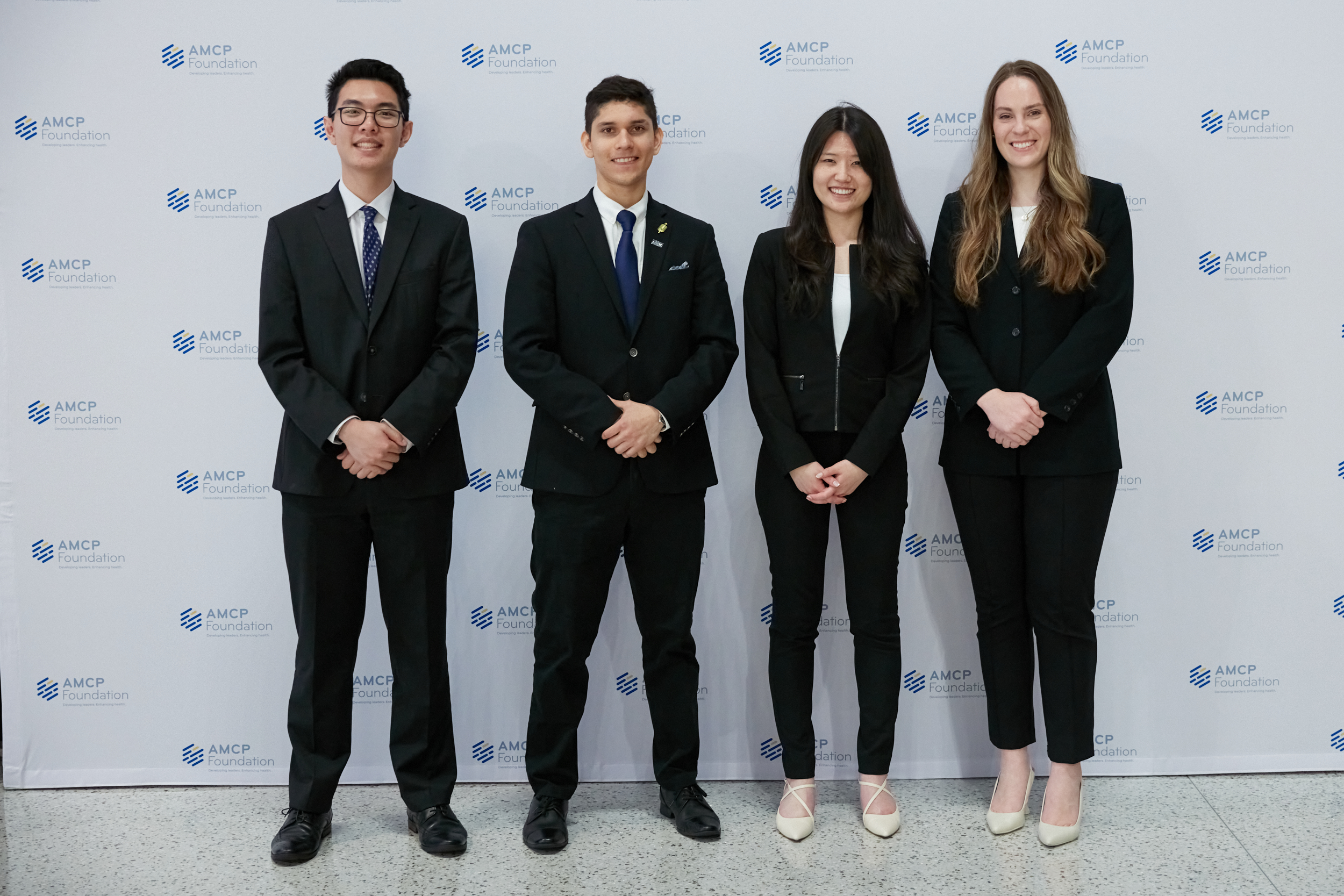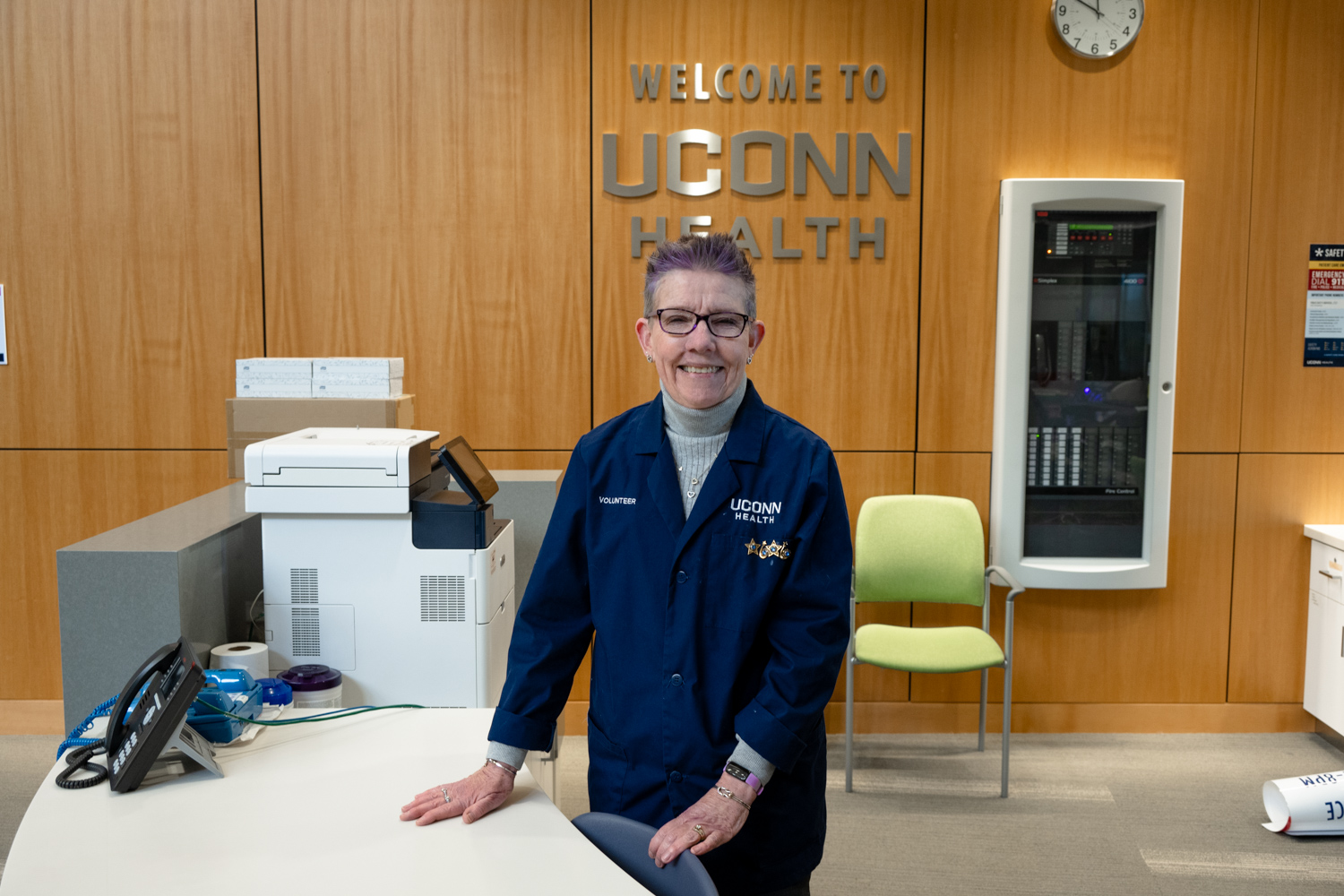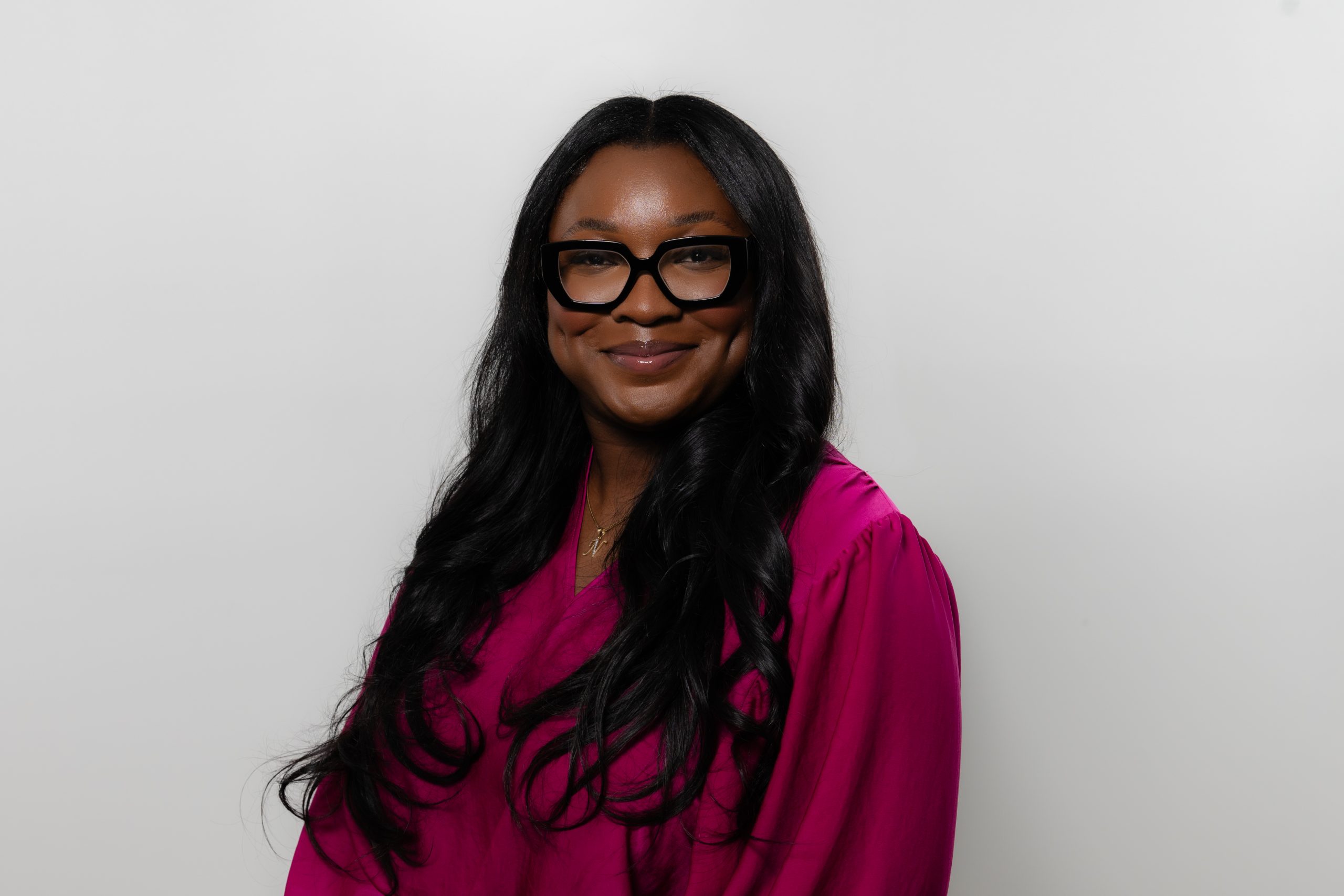The School of Business is hosting a Global Business Leadership in Sustainability Summit, featuring professionals and faculty discussing key initiatives that are shaping sustainability in business, both locally and around the world.
The Friday, March 25 summit will provide students the opportunity to speak with professionals who share their passion for “business for good,” and encourage students to explore the potential of incorporating sustainability within their careers.
“Our students have a tremendous appetite to make a difference in whatever business industry they have chosen. They want to be part of a company that is part of the solution to global issues,’’ says Arminda Kamphausen, associate director of global business programs at the School of Business and the conference organizer.
The summit will also help connect the dots of the many efforts underway across campus. It is open to students, alumni, faculty, staff, and business professionals.
“We have so many amazing things happening at UConn in the sustainability arena. As the School continues to educate and train students in this area, we want to help introduce our students to people who are already making tremendous contributions. We’re also striving to increase awareness of the resources available across campuses to our students,’’ Kamphausen says.
“There are many ways to explore ‘business for good,’ and we should be aware of the connection between each of these areas, which is one reason we have invited presenters from such a wide variety of backgrounds,” she says.
The summit will begin with a panel discussion featuring representatives from the corporate, public, and academic sectors answering questions about sustainability in business. Then participants can enter breakout sessions on corporate social responsibility or environmental social governance, depending upon their interests. The program will conclude with a summary of lessons learned, plans for the future, and time for networking.
Professor Stephen Park, the Satell Fellow in Corporate Social Responsibility at UConn, says sustainability is no longer a corporate luxury.
“Not only is environmental and social sustainability the right way to do business, it is an increasingly significant driver of business success,’’ he says. “By leveraging UConn’s research and teaching expertise, we hope to equip students with the knowledge, skills, and connections to take advantage of new opportunities.’’
Professor Rachel Chambers, who has worked as a consultant in the human rights sphere, said that an understanding of sustainability is vital for anyone considering a business career.
“Acquiring a strong foundational understanding of issues such as the role of business in addressing climate change and inequality, ESG investment, B-Corps, and the frameworks used to evaluate business, including human rights and the Sustainable Development Goals, is beneficial to students, whether or not they pursue a career in this field.’’
The summit is scheduled to run from 1 to 4 p.m. on Friday, March 25. Participants can attend in person, in Room 106 of the School of Business at UConn Storrs, or participate via livestream. The event is co-sponsored by the Global Business Programs and the Business and Human Rights Initiative at UConn.
For more information on the program, please visit: https://global.business.uconn.edu/events/sustainability-summit/. To register for the event, please visit: https://global.business.uconn.edu/events/sustainability-summit/registration/
Planned guest speakers include:
- Alumna Margo Bailey, Corporate Citizenship Manager for Pratt & Whitney. Bailey oversees the company’s corporate social responsibility program, including charitable giving and employee volunteerism. Previously, Bailey oversaw community relations at the United Nations Association of Greater Boston. After graduating from UConn in 2017 with a degree in business, she attended IE Business School in Madrid as a Fulbright Scholar.
- Alumna Emily Dodson, Senior Associate of Social Compliance at the Fair Labor Association in Washington, DC. Dodson, who graduated with a degree in political science and human rights in 2019, currently works in factory-level monitoring and accreditation of factories in fair labor and responsible sourcing and production to ensure ethically sourced apparel and goods.
- Mary Tullis Engvall, retired Senior Director of Corporate Responsibility at Cigna. Engvall’s career included work in corporate responsibility, philanthropy, and marketing and public relations. At Cigna, she helped craft the company’s Cigna Connects Corporate Responsibility platform. She has also served as Executive Director for the Cigna Foundation, where she helped build philanthropic partnerships to address health disparities and respond to community needs.
- Alumnus Brian Farnen, General Counsel and Chief Legal Office for Connecticut Green Bank. Farnen directs all legal, legislative and regulatory affairs for the nation’s first green bank, established in 2011, a leader in renewable and energy efficiency financing and winner of the prestigious Harvard Kennedy School of Government Ash Award for Innovation in 2017. A former senior attorney with Sikorsky, Farnen is passionate about energy, has taught business law and finance as an adjunct professor, and represents Fairfield and Southport in the Connecticut legislature. He is a three-time alumnus of UConn.
- John Mandyck, CEO at Urban Green Council and Adjunct Professor at UConn. After a 25-year career as Chief Sustainability Officer at United Technologies, Mandyck joined the Urban Green Council in 2018 as its first CEO. The organization’s mission is to transform buildings for a sustainable future in New York City and beyond. He also serves as a member of the NYC Department of Buildings Sustainability Board, is a visiting scientist at Harvard’s T.H. Chan School of Public Health, and is an adjunct professor at the UConn School of Business.
- Alumnus Brian Paganini, Vice President and Managing Director of Quantum Biopower. Paganini led the design, permitting and construction of the East Coast’s only large-scale food waste-to-energy facility, located in Southington. The company recycles 40,000 tons of food a year, creating both power and organic compost. He is a board member of the RecycleCT Foundation, chaired by Connecticut’s DEEP Commissioner.
- Michelle Nagger Reichenbach, Principal at Impact with Integrity Consulting. Reichenbach is a CSR professional with more than 15 years of experience in the corporate sector, leading initiatives in philanthropy, social governance, disaster response, charitable partnerships and employee engagement. She is a member of the Connecticut Bar Association Committee on Human Trafficking. In 2020, she launched Impact with Integrity Consulting, to develop and implement effective solutions in social responsibility.
Scheduled faculty participants include:
- Robert Bird, Professor of Business Law and the Eversource Energy Chair in Business Ethics at UConn. Bird teaches courses in compliance, business law and ethics, and employment law. He is the immediate past president of the Academy of Legal Studies in Business, the international academic organization for professors of business law.
- Rachel Chambers, Assistant Professor Business Law at UConn. Chambers has worked as a consultant to key drivers in the business and human rights sphere, including the U.N. Global Compact and Amnesty International. She is the co-director of the Teaching Business and Human Rights Forum. Her research focuses on corporate accountability mechanisms. She earned a doctorate in law from the University of Essex and her thesis considered the challenges of using extraterritorial solutions to address corporate human-rights violations.
- Shareen Hertel, Professor of Political Science and Human Rights at UConn. Hertel’s research focuses on changes in transnational human rights advocacy, with a focus on labor and economic rights issues. She has served as a consultant to foundations, NGOs and the United Nations agencies in the U.S., Latin America and South Asia. She has conducted fieldwork in factory zones in multiple nations. She is editor of The Journal of Human Rights.
- Stephen Park, Associate Professor Business Law and the Satell Fellow in Corporate Social Responsibility at UConn. Park is the director of the Business and Human Rights Initiative, a partnership between the School of Business and the Human Rights Institute at UConn, and a member of the President’s Committee on Corporate Social Responsibility. Last month, the Business and Human Rights Initiative co-hosted a symposium on business law and sustainability with Penn State. Park co-organized the symposium and will be co-authoring the introduction to a special issue devoted to the symposium theme that will be published later this year in a legal journal. His research investigates international financial regulation, international trade law, corporate social responsibility and accountability and corporate compliance.
- Michael Willig, Board of Trustees Distinguished Professor and Executive Director of the Institute of Environment at UConn. Willig directs the multidisciplinary institute that includes the Office of Sustainability, Center for Environmental Science & Engineering, the Connecticut State Museum of Natural History and the Natural Resources Conservation Academy, as well as more than 175 affiliated faculty across the university. His research focuses on global-change biology and the resistance, resilience, and vulnerability of ecosystems especially in response to atmospheric warming, hurricanes, and land-use changes.



